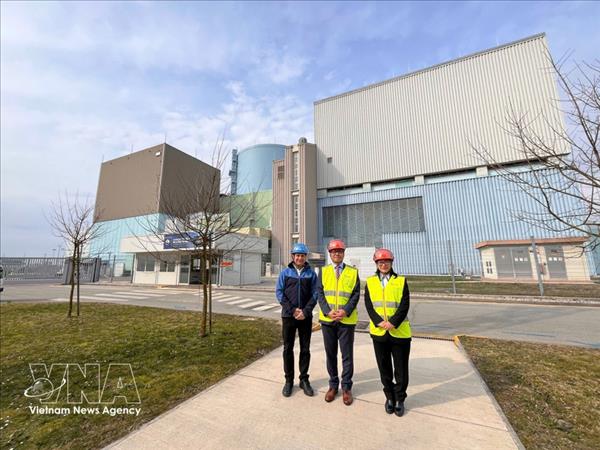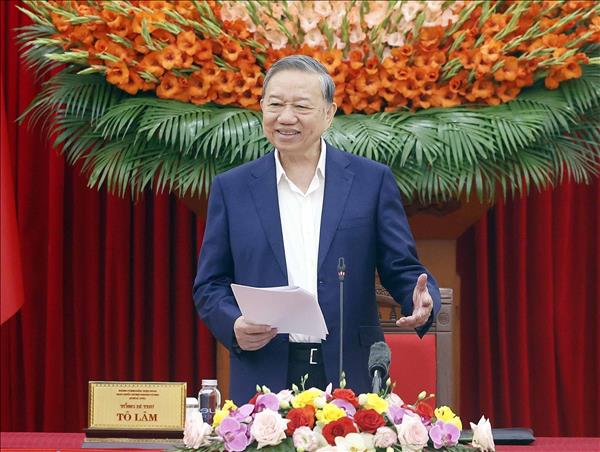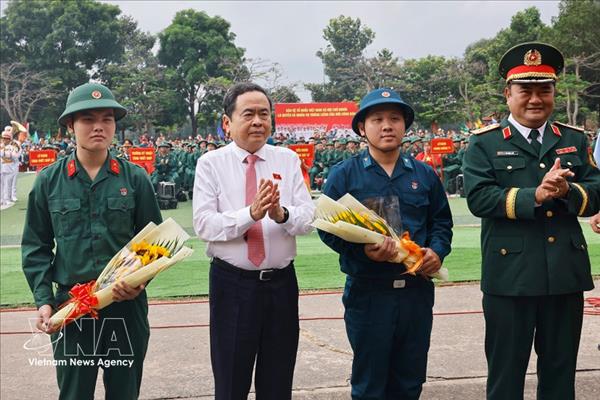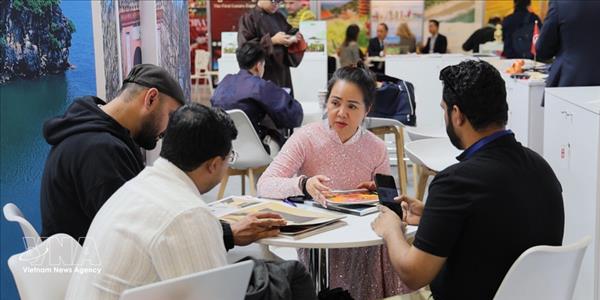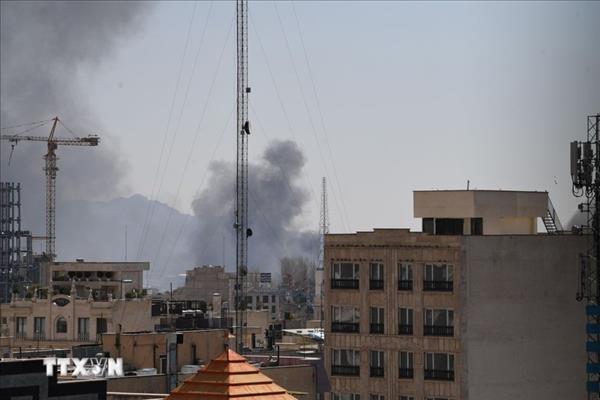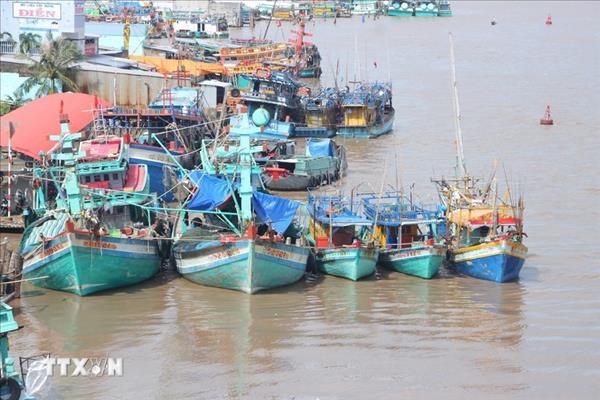Of the total amount, more than 70 billion USD came from low-interest loans (under 2 percent), and 7 billion USD was in non-refundable assistance, Minh said a working session between the Government and a supervision delegation of the National Assembly Standing Committee in Hanoi on July 25.
As most of the loans have been effectively disbursed, sponsors have continued to provide preferential loans and ODA for the country in recent years, he said.
However, efforts must be put in place to address the inefficient investment using ODA sources, he noted.
ODA has played a huge role in the nation’s socio-economic development, especially in terms of investment needed for infrastructure and enhancing the Government’s management capacity, he said, adding that during meetings with foreign officials, Vietnamese leaders have asked international donors to continue provide preferential loans for the country.
Vietnam is approaching the point of receiving ODA with less favourable interest rates and, therefore, it is necessary to change its methods of attracting funding such as ensuring loan efficiency and debt settlement ability, he underlined.
Deputy PM Minh said that the Government has ordered the Ministry of Finance and the Ministry of Planning and Investment to make meticulous evaluations of foreign loans and bonds to draw up rational measures.
The Government recently issued Decree No.97/2018/ND-CP on re-lending ODA and soft loans to cities and provinces, with re-lending rates widely ranging between 30-100 percent. The move aims to place more responsibility on local authorities in the use of foreign loans.
At the event, Minister of Planning and Investment Nguyen Chi Dung reported on the implementation of policies and regulations on the management and disbursement of foreign loans during 2011-2016.
Dung underlined that legal documents were issued comprehensively and in line with the current situation, helping to improve efficiency in the use of ODA and other preferential loans to boost the country’s socio-economic development.
According to reports from the Japan International Cooperation Agency (JICA), Asian Development Bank (ADB), and World Bank (WB), projects funded by the three sponsors in Vietnam are more effective than those in India, Indonesia, the Philippines, and Sri Lanka.
ODA has helped Vietnam better its infrastructure systems and ensure social security, particularly in mountainous and remote areas. The funds also helped to accelerate technology transfer and management skills from developed countries, while also creating more jobs for local labourers.
However, there are many shortcomings which need to be tackled in the attraction, management, and use of ODA capital, including slow capital disbursement and project implementation.
VNA/VNP


